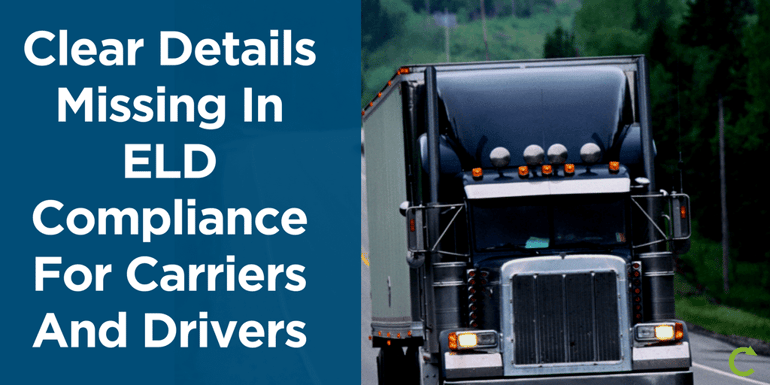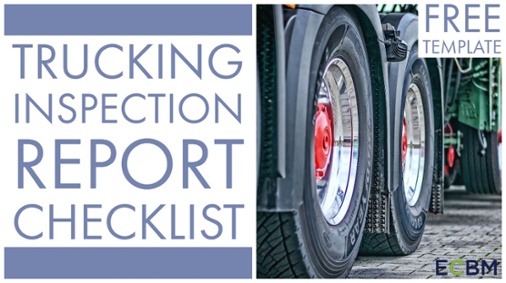
While successful court challenges have managed to block a number of high profile regulatory changes in recent months, a Chicago court upheld a major new rule facing the trucking industry at the end of October. The Federal Motor Carrier Safety Administration has issued a rule requiring trucking companies to install electronic logging devices aimed at ensuring compliance with hours of service safety requirements. A legal challenge against this rule brought by the Owner-Operator Independent Drivers Association (OOIDA) failed to succeed.
ELD Compliance Held Up On Technical Technicalities
The FMCSA has expressed concerns about tracking hours of service requirements through paper logs for a long time. These concerns generally focus on how easily truckers and trucking companies can falsify paper logs and the viewpoint that paper logs are more susceptible to human error. The new rule however has a tortured procedural history stemming from a Congressional mandate to update aspects of the hours of service rules back in 1995. Courts struck down two attempted final rules by the agency to do so in 2003 and 2005. READ MORE: First Steps of ELD Compliance For Trucking Carriers
Within the congressional mandate to update the hours of service requirement, Congress also requested that the FMCSA investigate electronic tamper-proof monitoring systems for the hours of service rules.
The agency issued a rule specifically to deal with electronic on board recorders in 2011. A court also struck down this final rule because the agency failed to ensure that electronic monitoring would not be used to harass drivers. That case resulted from a lawsuit filed by OOIDA, the same trade association responsible for the most recent challenge.
Partly as a result of all the failed rule changes by the FMSCA, Congress passed the Commercial Motor Vehicle Safety Enhancement Act in 2012. That act specifically required the FMSCA to pass a rule requiring most trucking companies to use electronic devices to ensure drivers complied with hours of service requirements, which the agency did in 2015.
OOIDA advanced five arguments for vacating the 2015 rule, all of which the Court ultimately rejected.
- First, OOIDA argued that the ELD standards created by FMSCA will not do enough “automatic” recording as mandated by Congress. OOIDA argued that so long as drivers had to switch between statuses manually, an ELD did not qualify as automatic. The Court rejected this interpretation of Congress’ mandate because it would require either bio-monitoring devices or never-ending video surveillance of drivers.
- Second, OOIDA argued that the 2015 rule did not do enough to protect drivers from harassment - the reason the 2011 rule was overturned by the Court. However, this time the Court felt the FMSCA had done enough to enunciate a clear definition of driver harassment and issue rules designed to prevent to survive a challenge on these ground.
- Third, OOIDA argued that the cost-benefit analysis contained in the new rule was flawed. The Court rejected this challenge because the rule did not require a cost-benefit analysis because Congress mandated the requirement of electronic logging devices.
- Fourth, OOIDA expressed concerns about the confidentiality of information collected by ELDs. Congress required the FMSCA to address issues of confidentiality in its rule. The FMSCA rule required drivers and companies to maintain the ELD on their own (rather than the FMSCA storing it) and to do so in a way that protects privacy. The Court considered this sufficient.
- Fifth, OOIDA asserted a Fourth Amendment violation as an unreasonable search and seizure. The Court rejected this argument because it considered trucking a pervasively regulated industry - a well-established exception to the Fourth Amendment.
While OOIDA may still appeal the Court’s decision, it greatly increases the likelihood that the rule will go into effect as planned in December 2017 and trucking companies should prepare to comply.
More From Our Blog:


